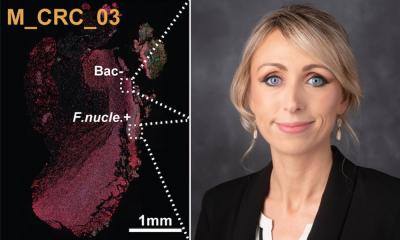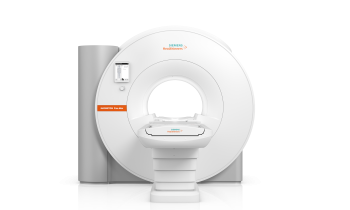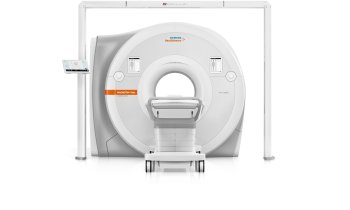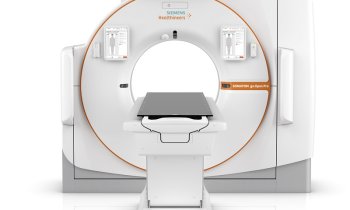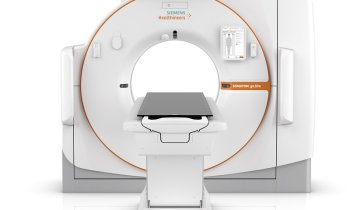Oncology
Scientists use dead bacteria to kill colorectal cancer
Led by Professor Teoh Swee Hin, scientists from Nanyang Technological University (NTU Singapore) have successfully used dead bacteria to kill colorectal cancer cells. Harvesting the Clostridium sporogenes bacteria found commonly in soil, the NTU team was able to harness the bacteria in its dead form, and its secretions, to destroy colon tumours cells effectively.

Colorectal cancer is the number one cancer in Singapore and the foremost cancer amongst males as stated by Singapore's Health Promotion Board. It is also the third most common cancer in the world, with about 1.4 million new cases annually, estimated by the World Cancer Research Fund International.
Traditional cancer treatments like chemotherapy and radiotherapy do not work well in the colon due to reduced blood flow and the lack of oxygen and nutrient flow in the tumour environment. This is because such therapies rely on oxygen molecules to damage the DNA of cancer cells and blood flow to transport therapeutic drugs to the tumour. In contrast, the NTU team showed that dead C. sporogenes bacteria can kill tumour cells in an oxygen-starved tumour microenvironment.
Prof Teoh, who is Chair of NTU's School of Chemical and Biomedical Engineering said this discovery opens new doors for the treatment of colon cancer as bacteria therapy is recently gaining interest as an alternative to traditional treatments. "We found that even when the C. sporogenes bacteria is dead, its natural toxicity continues to kill cancer cells, unlike the conventional chemotherapy drugs which need oxygen to work," explained Prof Teoh.
While other research groups have experimented with bacteria therapy to destroy cancer cells, the biggest problem is that live bacteria will grow and proliferate, posing a high risk of infection and increased toxicity to patients. In the NTU study, as the bacteria were already killed by heat, there was no risk of the bacteria multiplying and causing more harm than the desired dose meant to kill colorectal cancer cells."
The NTU team conducted experiments in 3D cell culture which were artificially-created environments, resembling the inside of a human body, unlike most lab experiments which are done on a flat surface in a petri-dish.
In a 72-hour experiment, the inactive bacteria were able to reduce the growth of colon tumour cells by 74 per cent. In addition, the team tested the secretions harvested from a live bacteria culture and these secretions reduced growth of colon tumour cells by as much as 83 per cent.
Professor James Best, Dean of NTU's Lee Kong Chian School of Medicine, said: "This is a significant discovery that potentially opens a new avenue to tackle this very common cancer, which is difficult to treat after it has spread. While it is early days, this exciting research finding provides hope of a new treatment option for millions of people affected by bowel cancer each year."
Source: Nanyang Technological University
07.12.2015




